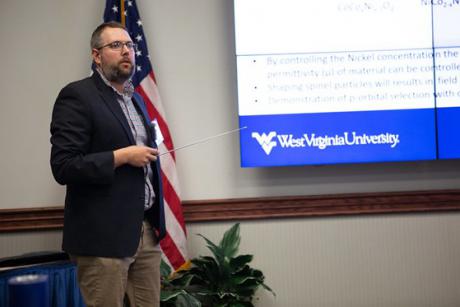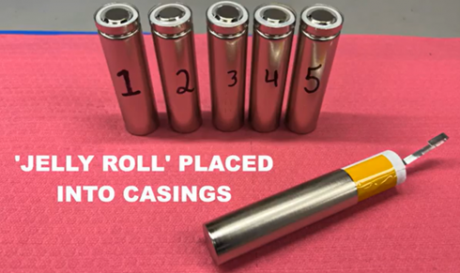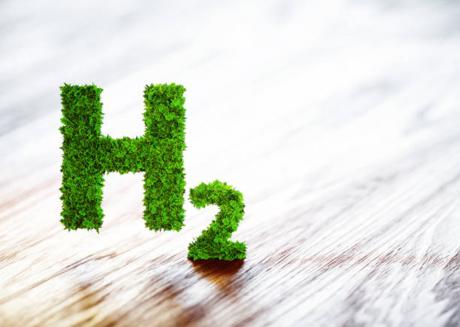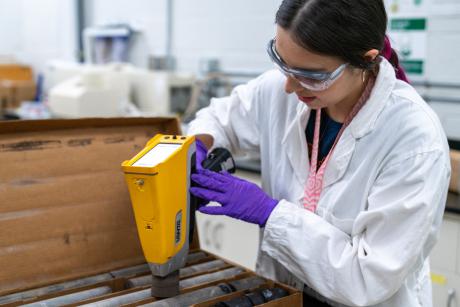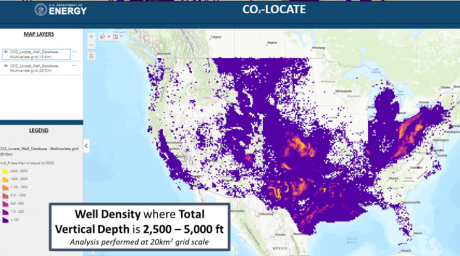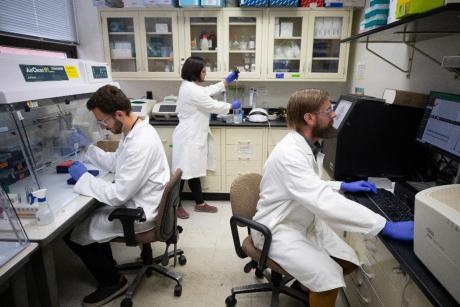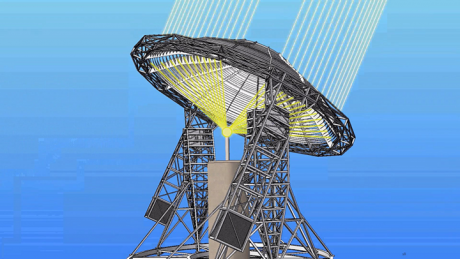The University Coalition for Basic and Applied Fossil Energy Research and Development (UCFER), which was established in 2015 to promote collaboration among NETL and 15 universities, is preparing to conclude the seven-year effort, which resulted in more than $16 million of federal funding awarded to 43 research projects that significantly advanced energy research, including clean energy projects focused on developing carbon management technologies.
An award-winning technology, developed by an American company with support from NETL, uses coal waste as an anode material in lithium-ion batteries — an innovation that researchers believe is an eco-friendly way to help the U.S. reduce reliance on foreign countries for critical materials that are needed to support the growing demand for batteries used in battery electric vehicles (BEVs), energy storage, and other products.
NETL expertise was showcased at a recent workshop held to develop innovative pathways to produce hydrogen as a clean and affordable fuel of the future and identify opportunities for collaborative research efforts among national labs, academic researchers and industry partners.
NETL research focused on finding and characterizing unconventional sources of rare earth elements (REEs) reached a pivotal maturation point this year with the public release of several tools and publications to help stakeholders accelerate next-generation, clean-energy technologies by tapping into a domestic supply of these critical minerals (CMs).
In support of President Biden’s Investing in America agenda, the U.S. Department of Energy (DOE) today announced $32 million for projects that will help build facilities that produce rare earth elements and other critical minerals and materials from domestic coal-based resources.
Creating a net-zero carbon emissions power sector and economy is an immense endeavor that requires a host of intricate technologies and applications, and the CO2-Locate database is a centralized platform that allows users to quickly and accurately obtain the data they need.
WASHINGTON, D.C. — The U.S. Department of Energy (DOE) today announced 16 projects across 14 states are set to receive $23.4 million to provide locally-tailored technical assistance and enhanced stakeholder engagement around carbon management technologies. The projects, housed at both universities and private sector companies, aim to connect carbon management developers with local communities to foster collaboration and education toward the advancement of commercial deployment of carbon capture, transport, and storage technologies across the United States.
NETL researchers have developed a biocatalyst with 99% efficiency that can convert carbon dioxide (CO2), a waste product of fossil energy industries that warms the planet and causes climate change, into acetate — an ingredient used in many products like cleaning supplies, textiles, and as a potential feedstock for biofuels.
For his experiences and contributions in geological sciences, NETL’s Hema Siriwardane, Ph.D., was recently inducted as Diplomate of Geotechnical Engineering in the Academy of Geo-Professionals. Hema’s aspiration is to use his experience in geological sciences to realize success in geological carbon storage projects.
Being inducted as a Diplomate of Geo-Professionals recognizes geotechnical engineers who have attained advanced expertise and experience, advanced education, and a specialized body of knowledge in geotechnical engineering.
The U.S. Department of Energy’s NETL and its partner organizations are exploring concentrated solar applications, as well as conversion of waste products into fuels, in a project called “Coal Communities Regional Innovation Cluster (CCRIC)” in West Virginia’s Logan County ─ an effort supported by Congressionally directed funding.
NETL engineer Matthew Adams said the project could have implications for communities across the nation.





